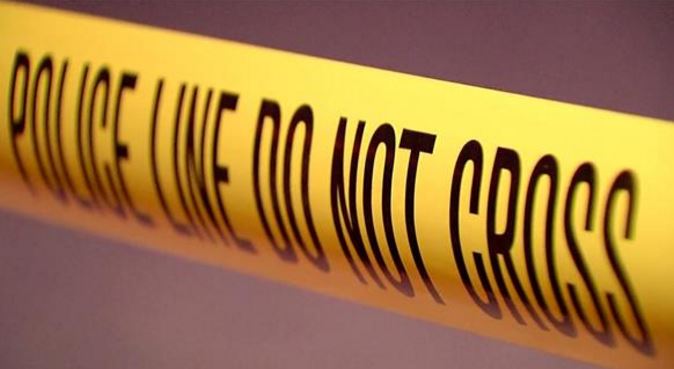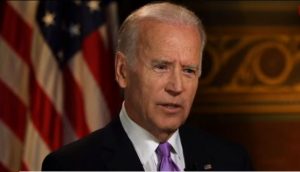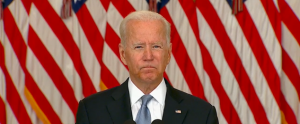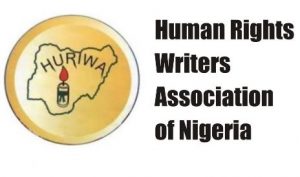
April 21, 2019. RT: Thirteen suspects have been arrested as the death toll from the horrific church and hotel attacks in Sri Lanka climbed to over 200, with no group claiming responsibility. RT sums up what we know so far of the tragedy.
- Explosions rocked three luxury hotels in the nation’s largest city, Colombo, and three packed Catholic churches across the country on Sunday morning. This was followed by two additional explosions at different sites. The tragedy occurred as Christians were gathering for Easter Sunday Masses.
- Thirteen people have been arrested in connection to the attacks, the government confirmed. State Minister of Defense Ruwan Wijewardene earlier told reporters that all of the perpetrators “have been identified,” and will be caught no matter what “religious extremism they are following.”
- The officials didn’t specify whether the suspects belonged to a particular group, and provided no additional details.
- One of the suicide bombers checked into the Cinnamon Grand hotel in Colombo under the name Mohamed Azzam Mohamed, Indian media wrote. He reportedly set off an explosive at the hotel’s busy restaurant while standing in line for the Easter Sunday breakfast buffet.
- Two more suicide bombers, who were behind the attacks on the Shangri La hotel and a church in Batticaloa, have also been reportedly identified as Zahran Hashim and Abu Mohammed, according to a report by an Indian News 18 TV Channel. No other details about the alleged perpetrators have been revealed so far.
- Three police officers were killed during a raid on a house following the blasts, the officials said.
- Sri Lankan police alerted top officials to the activities of Islamist extremists in Colombo 10 days before the attacks.
- A curfew has been imposed from 6pm to 6am, starting from April 22.
- The government blocked access to Facebook and WhatsApp, urging everyone not to spread misinformation about the tragedy.
- The death toll, meanwhile, had climbed from several dozen to 207 people, and around 450 people have been injured, according to police.
- The attack claimed the lives of 35 foreigners, most of whom are believed to have been killed in hotels.
- So far, no one has claimed responsibility for the blasts.
Tamil Tigers or Syria returnees?
An expert on conflict resolution, Zubair Ghauri told RT that the pattern of the attacks resembles that of certain jihadist groups, like Islamic State (IS, formerly ISIS) and Al-Qaeda, rather than Tamil insurgency group, the LTTE, also known as the Tamil Tigers, which waged a long bloody war against the government from 1983 to 2009.
The analyst noted that the tactics used on Sunday bear a close resemblance to the 2008 Mumbai attacks in India, in which several groups of Islamists launched a coordinated assault on hotels, cafes and a hospital.
Speaking to RT, professor at the Jindal School of International Affairs, Sreeram Chaulia, agreed it is unlikely that the Tamil insurgents would target Christian churches in the east of the country, considering that some Tamils are Christians themselves.
#SriLankaBlasts: 2 attacks on the churches are believed to have been committed by #suicide bombershttps://t.co/82iNkIyaJq
— RT (@RT_com) April 21, 2019
Chaulia suggested that local Muslims may have been inspired by Islamic State and acquired “a jihadist mindset,”following “incitement” of anti-Muslim sentiments and riots by Buddhist politicians. “There is a perception that Muslims are under threat, especially in eastern Sri Lanka, where they are in significant minority,” he said.
Analyst Brahma Chellaney pointed out that Indian-based Islamist group Tamil Nadu Thowheed Jamath may be behind the attack. It includes jihadist returnees from Syria, he said, and will “underscore the rise of a potent new terrorism challenge” for Sri Lanka, if evidence emerges of a connection with Sunday’s blasts.
The attacks have shattered the relative calm Sri Lanka has had for nearly a decade. If evidence were to point to Thowheed Jamaath's involvement, it would underscore the rise of a potent new terrorism challenge. Thowheed Jamaath is also active next door in India's Tamil Nadu state
— Brahma Chellaney (@Chellaney) April 21, 2019




